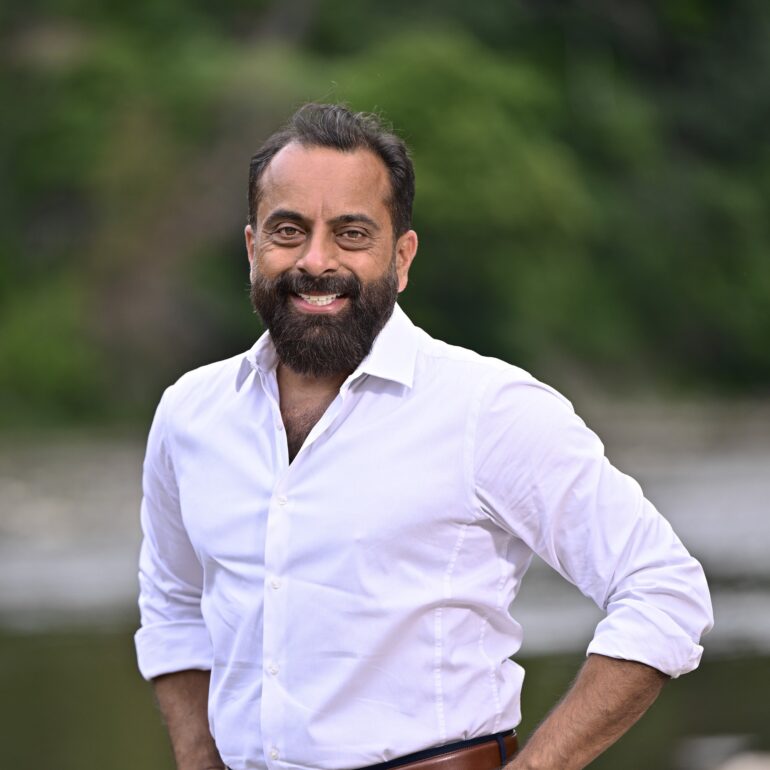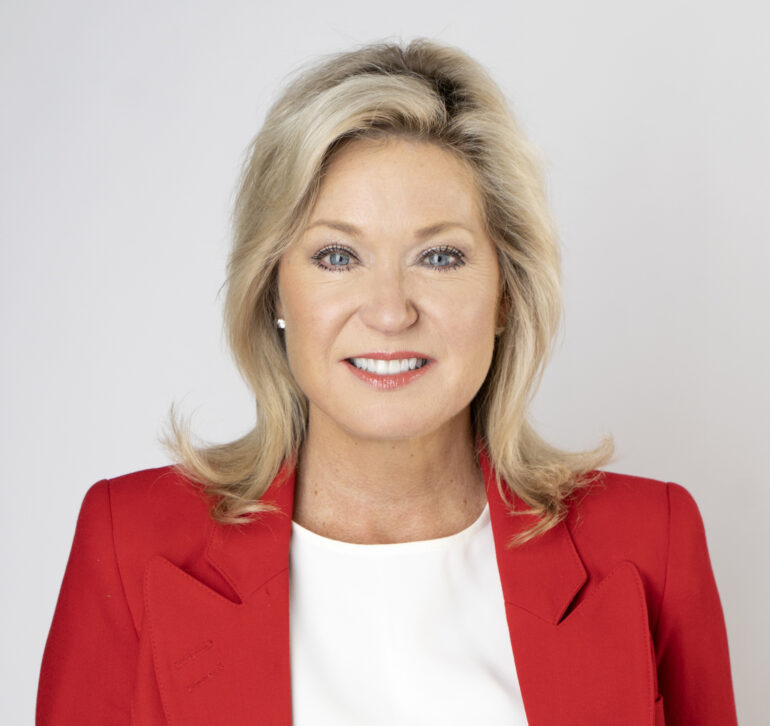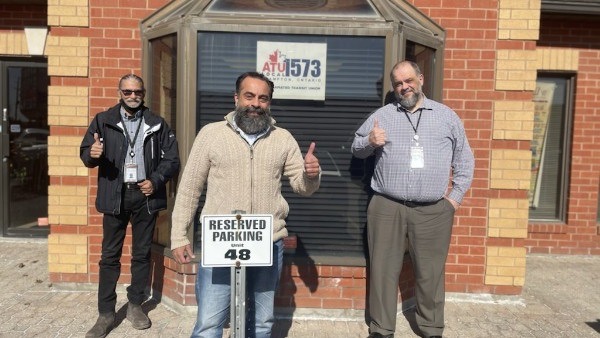More than half of the population in Mississauga isn’t Caucasian, and yet there’s only one BIPOC municipal leader on the city council.
Imran Hasan is looking to change that.
“When he (Hasan’s father) came to Canada as a newcomer in 1973, he didn’t have any role models, he didn’t have somebody who [he] could look up to, to help him navigate through the system,” he said.
Hasan said his campaign is a way of providing hope and proper representation for the city he and his family chose to live in for more than 20 years.
“You know, he didn’t have anyone to explain to him the different levels of government services they provide,” he said.
Hasan started his career as a small business owner and has used his skills to give back to his community, including his involvement with a local food bank, and continue the legacy his father started.
“The food bank doesn’t discriminate against anyone when it serves the community. So it was a really good fit for, you know, the whole journey that my father experienced coming to Canada,” he said.

Imran Hasan is running for council for the third time hoping he can breakthrough this time. He faced an uphill in previous attempts, such as racism and discrimination, but remains committed. Photo credit: Imran Hasan
Hasan has been working hard behind the scenes for Mississauga as the vice president of the food bank Eden Food For Change, organizing fundraisers that have raised more than $100,000. He is also the chair of Peel Crime Stoppers after organizing fundraisers that have raised over $15,000.
Hasan said he’s faced a lot of racism and prejudice on the campaign trail.
Hasan’s signs have been pulled from the ground, thrown about, damaged and stolen but he decided to turn it into a positive moment to give back to the food bank he loves dearly by donating 10 meals for every sign that’s stolen or vandalized.
“There are people out there who want to divide us, but I really feel that there’s a universal message of peace and love that exists,” he said.
This will be his third and last run for council. He said he has learned a lot from the past, knocking on thousands of doors.
“It was a humbling experience, having the door slammed in my face, having people telling me I can never vote for someone like you, or I can never vote for someone with a name like yours,” Hasan said.
Mississauga Mayor Bonnie Crombie introduced the Diversity and Inclusion Advisory Committee (DIAC) in 2014, a group of 24 people from different ethnic backgrounds that provided recommendations, advice and information to the local government.
Crombie said the idea of giving non-residents the right to vote came up in council. The issue was brought to DIAC to get perspective from a diverse committee and they said no.
“I know, the very group that was our lens to the diverse communities to give us input on what was the right direction for our policies said no and that’s why we adopted that position because counsel was ready to move forward,” Crombie said.
“In their view, the vote was sacred,” she said. “They struggled to get their citizenship, and they felt it was a right of citizenship to have a vote.”
Crombie said she thinks public institutions like the city of Mississauga should work to reflect diversity in the community of Mississauga. Now, with incumbent Karen Ras in Ward 2 moving on into a new role, and Councillors Pat Saito in Ward 9 and George Carlson in Ward 11 retiring, there’s an opportunity for new openings to be filled.

Mississauga Mayor Bonnie Crombie hopes to continue to bring more diversity to the council in this upcoming election. Photo credit: Bonnie Crombie
“This time around the slate of candidates I think in every word is more diverse than ever and I have always encouraged people to get out and get involved, whether putting their own name forward or researching their candidates and getting involved in their campaigns and assist them,” she said.
Mississauga resident Delroy Gordon Jr. said the decision not to let permanent non-residents vote disheartened him. Gordon Jr. was born and raised in Jamaica and moved to Canada when he was 13 and feels he isn’t being represented properly.
“When it comes to government I think it should reflect what the community looks like and I think that you should let the community decide but some of us don’t even get the chance,” he said.
For Gordon Jr., his hope for the next election is that more people like him get opportunities.
“I think it’s about time that we give the opportunity for unheard voices to have a say.”

